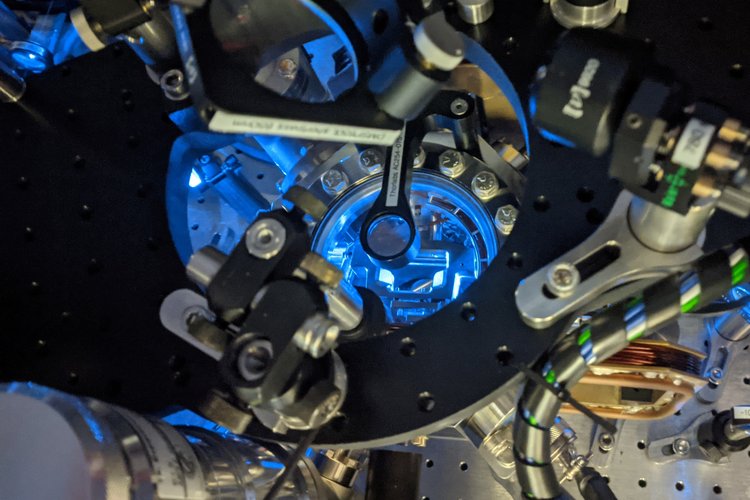Researchers at the Max Planck Institute of Quantum Optics succeeded in massively improving the performance of a component that is crucial to optical quantum systems.
Future quantum computers are expected not only to solve particularly tricky computing tasks, but also to be connected to a network for the secure exchange of data. In principle, quantum gates could be used for these purposes. But until now, it has not been possible to realise them with sufficient efficiency. By a sophisticated combination of several techniques, researchers at the Max Planck Institute of Quantum Optics (MPQ) have now taken a major step towards overcoming this hurdle.
Previous attempts to realise quantum gates that link two photons to one another have only been partly successful. They mainly suffered from their low efficiency of, at best, 11 percent. This means that a large fraction of the light particles, and thus also of the data, are lost while being processed in the quantum system – a shortcoming especially when numerous quantum gates are to be connected consecutively in a quantum network and losses add up as a result. The team has succeeded for the first time in realizing an optical two-qubit gate with an average efficiency of more than 40 percent, almost four times the previous record.


